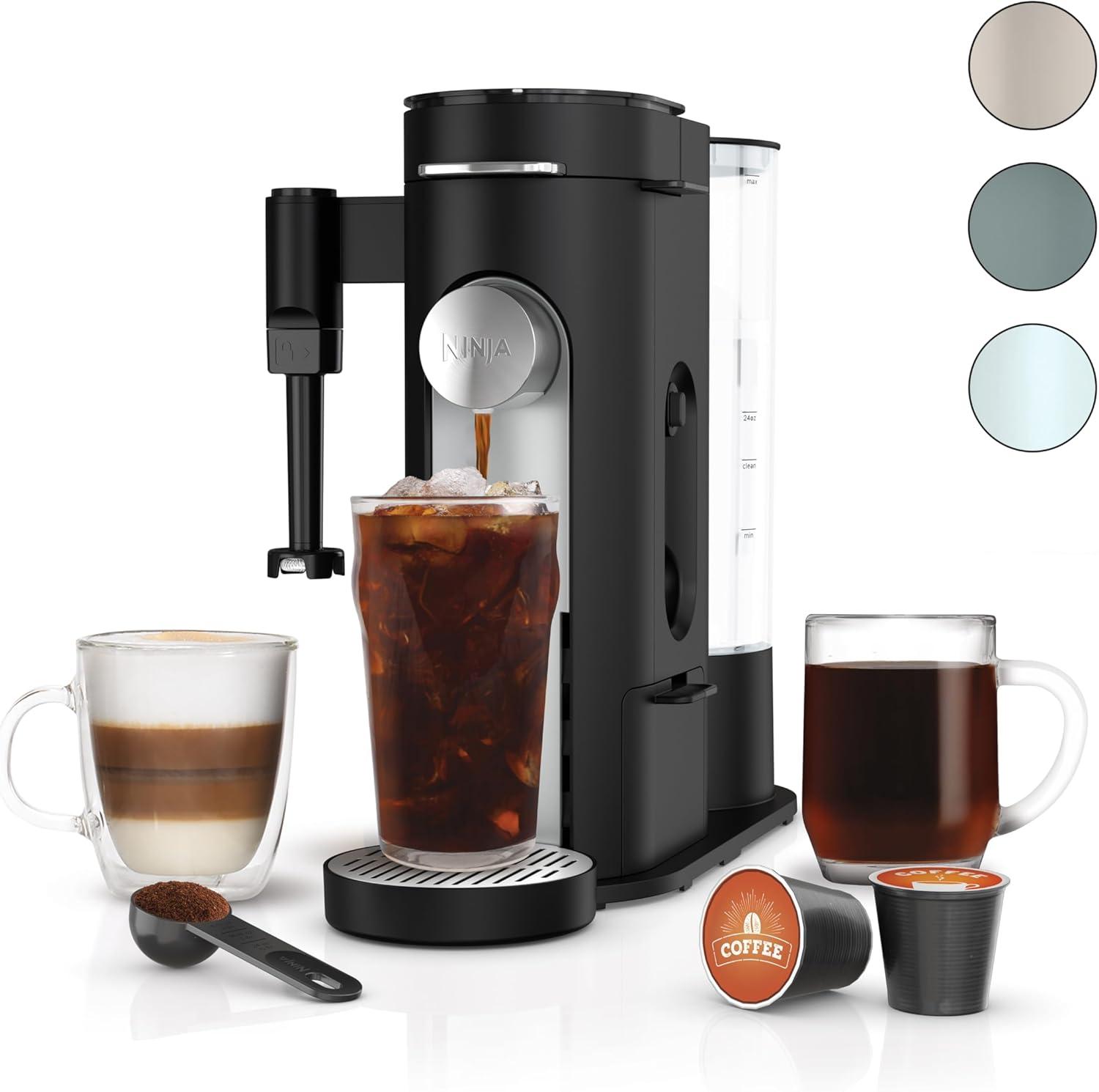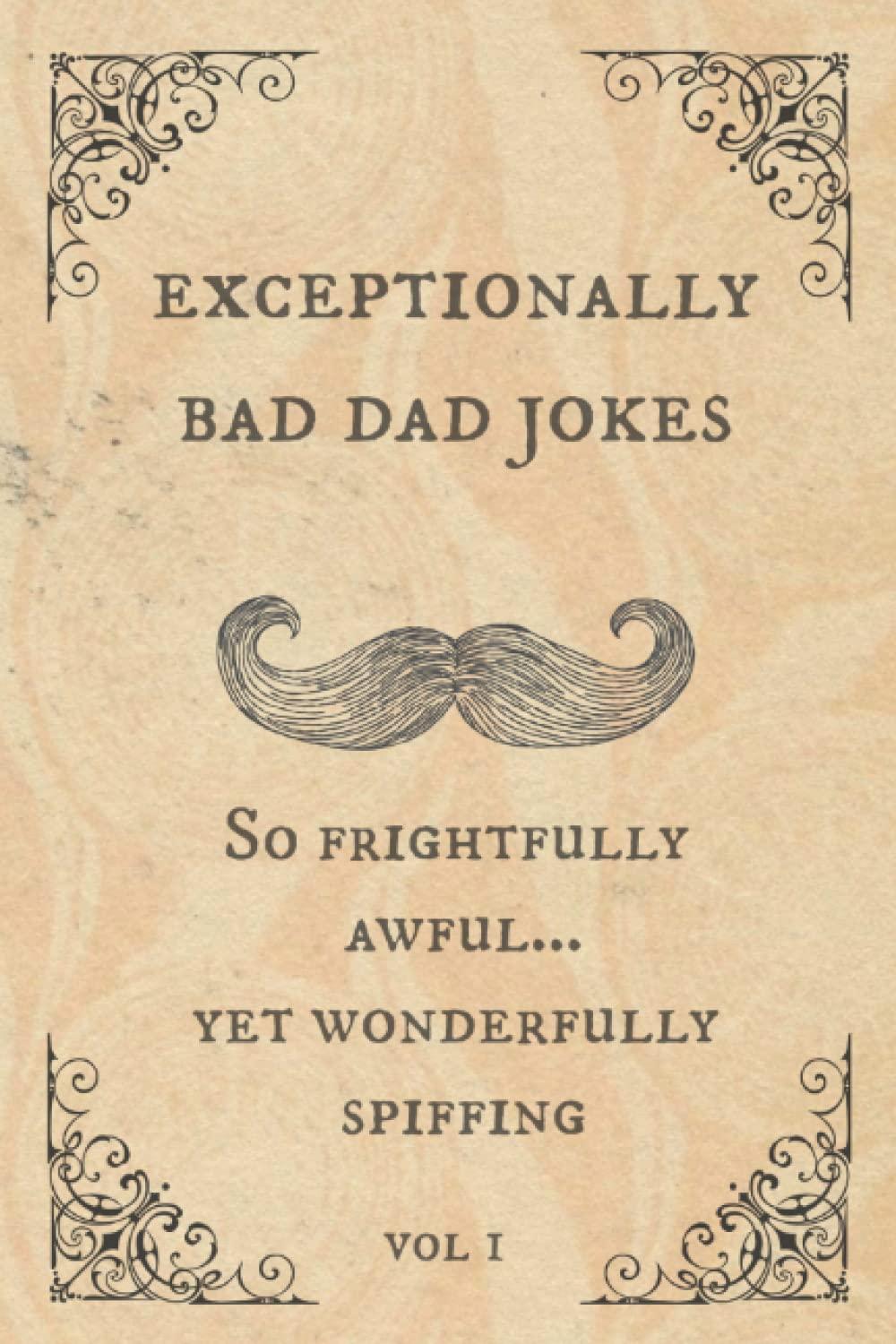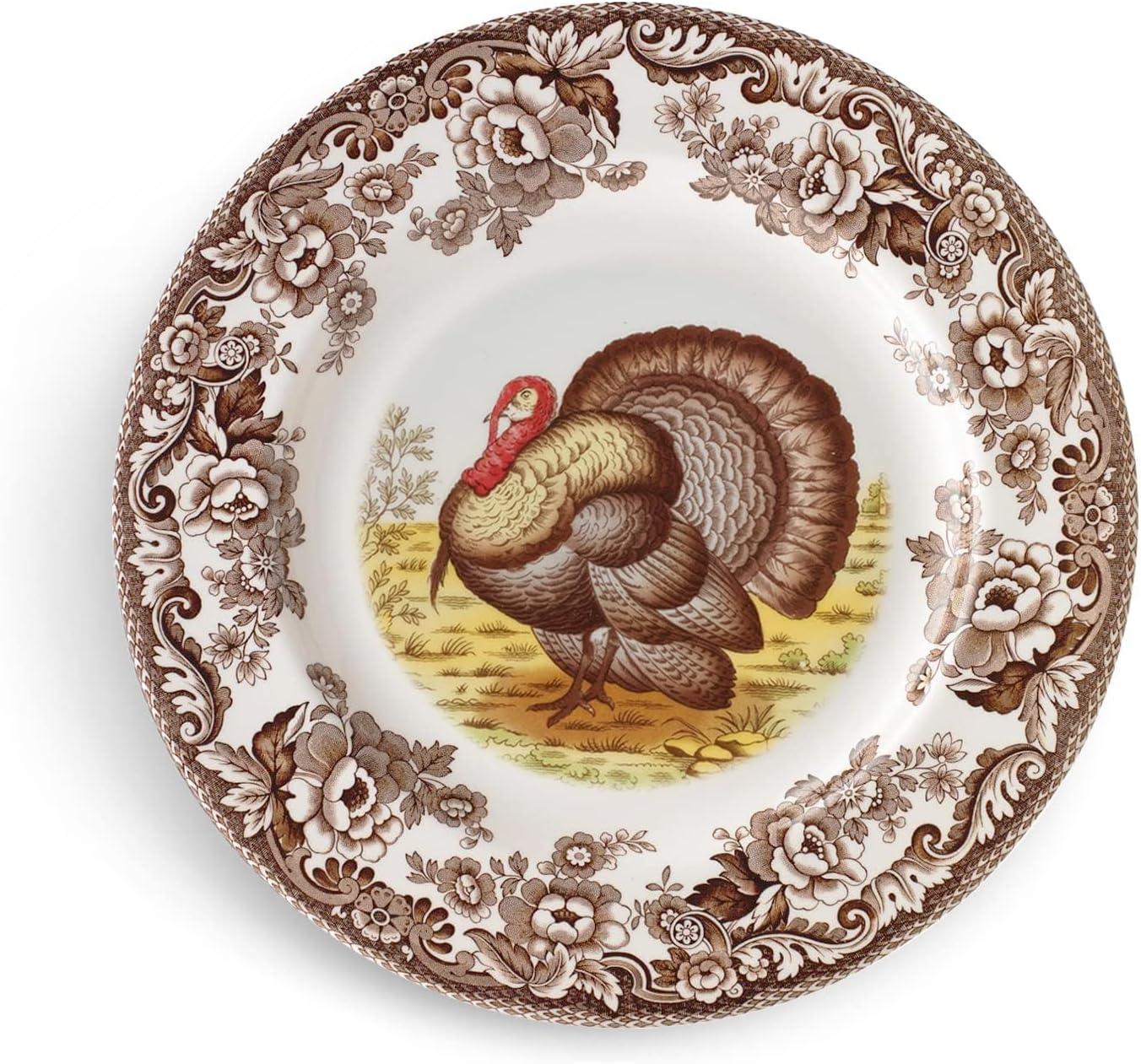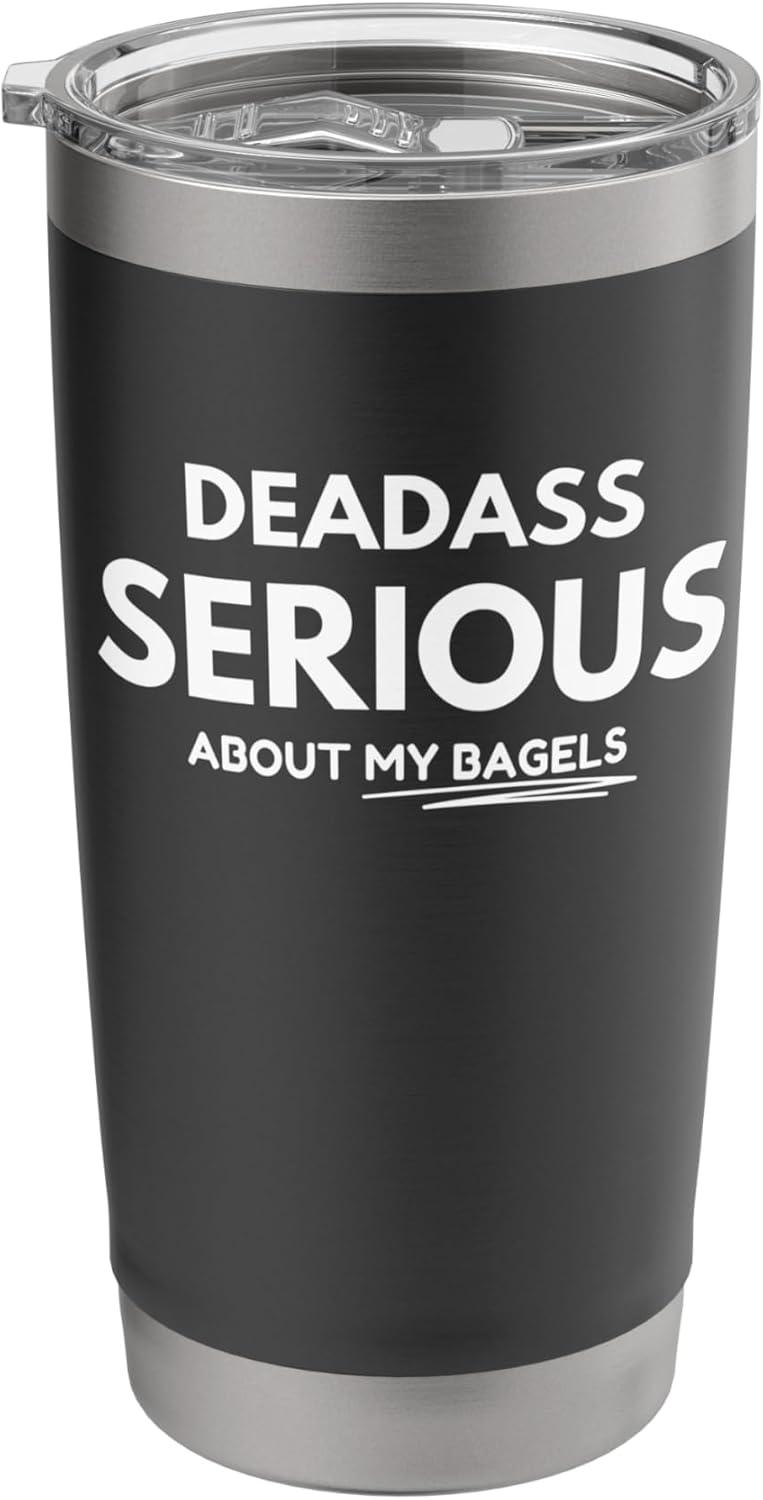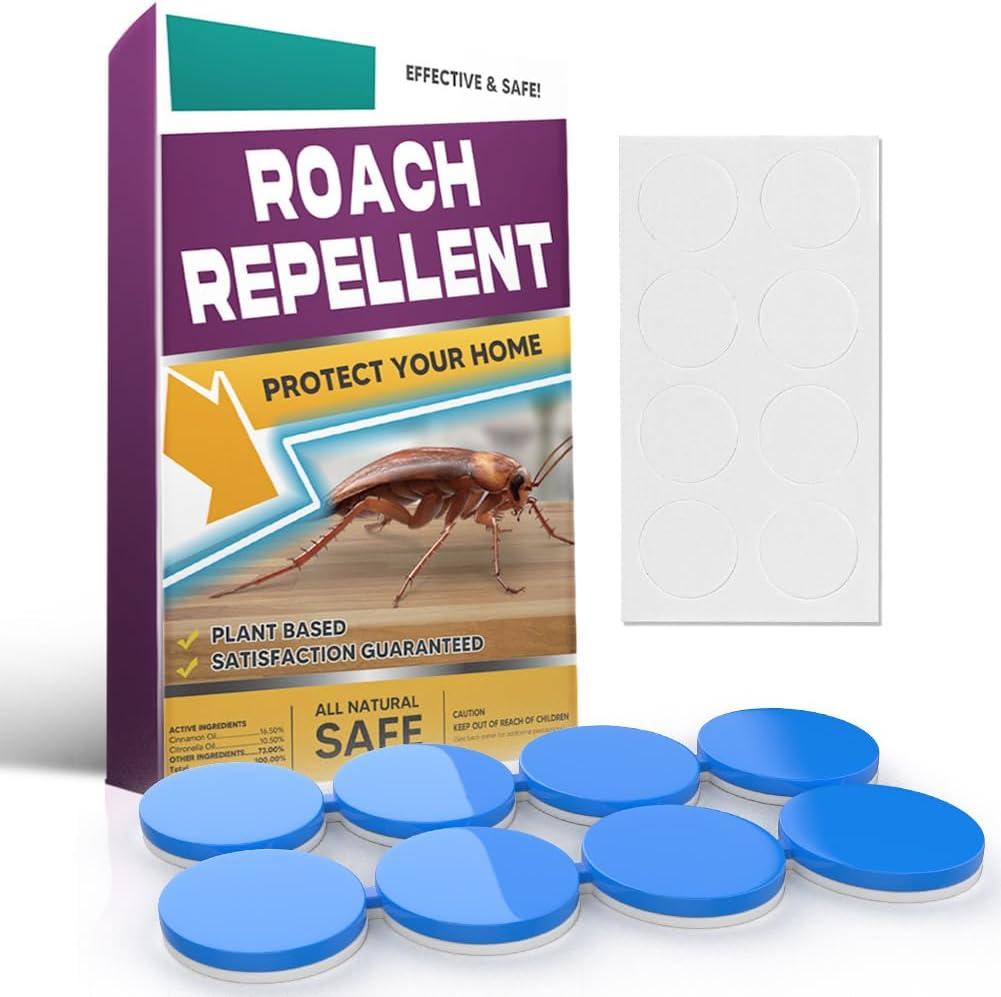Funny Jokes Tested: Adults Versus Kids Edition
Diving headfirst into the delightful dilemma of discerning dividing lines in humor, we recently pored over a collection of so-called "best" joke books. The mission? To see if the ditties described as suitable for wide-eyed wonderyears (ages 3-8) might offer a quirky chuckle to the chronically conscious crowd (well, perhaps the subset that tolerates illustrations).
The sheer volume of "The World's Best Dirty Jokes" was… much. While acknowledging the universal appeal of the less-gentle gag, we wondered if a child's innocent interpretation would wildly differ from an adult's nuanced appreciation of the double entendre. Predictably, the sophisticated subtleties were lost on the tester, whose reaction primarily involved a baffled stare, Dad-shaming expressions, and earnest requests for a water gun.
Turning the page (or rather, skipping a few thick chapters), we approached "Funny Jokes: Ultimate LoL Edition" and its sequel (both DataService). On the surface, blending gaming culture with general, dodgy jokes and anecdotes seemed like fertile ground for an older audience. Adults readily nodded along, referencing梗 (jokes/witty remarks) that were utterly incomprehensible to the child tester. Their confusion was… non-existent; they simply awaited the next punchline, regardless of its… shall we say, creativity.
The adult range, however, received a perplexing test with "Dock Tok Presents…The Good, the Dad, and the Punny," which garnered some awkward, knowing smiles among the grown-ups and zero reaction from the kid, whose perspective seemed firmly landlocked between, "It's a book," and, "Mommy has funny smells sometimes." Conversely, "Exceptionally Bad Dad Jokes" achieved peak absurdity – what felt like a catastrophic failure on adult humor standards was, for the child tester, simply "hysterical,"诱发嚎啕大笑直至肚子疼痛和眼泪汪汪。("causing hysterical laughter until stomach aches and tearful eyes").
Finally, authorities were brought in – "The Best Joke Book For Kids," featuring charming illustrations. Adults found it mildly quaint, sampling the simple puns with a sense of nostalgic recognition. But for the young tester, it was a free ticket to triumphant giggles, a standalone realm of silliness where snickering was the order of the day. The test concluded, the results were predicted: jokes for adults thrive on complexity and shared knowledge, while kids just want the funny sounds and the falling down.
